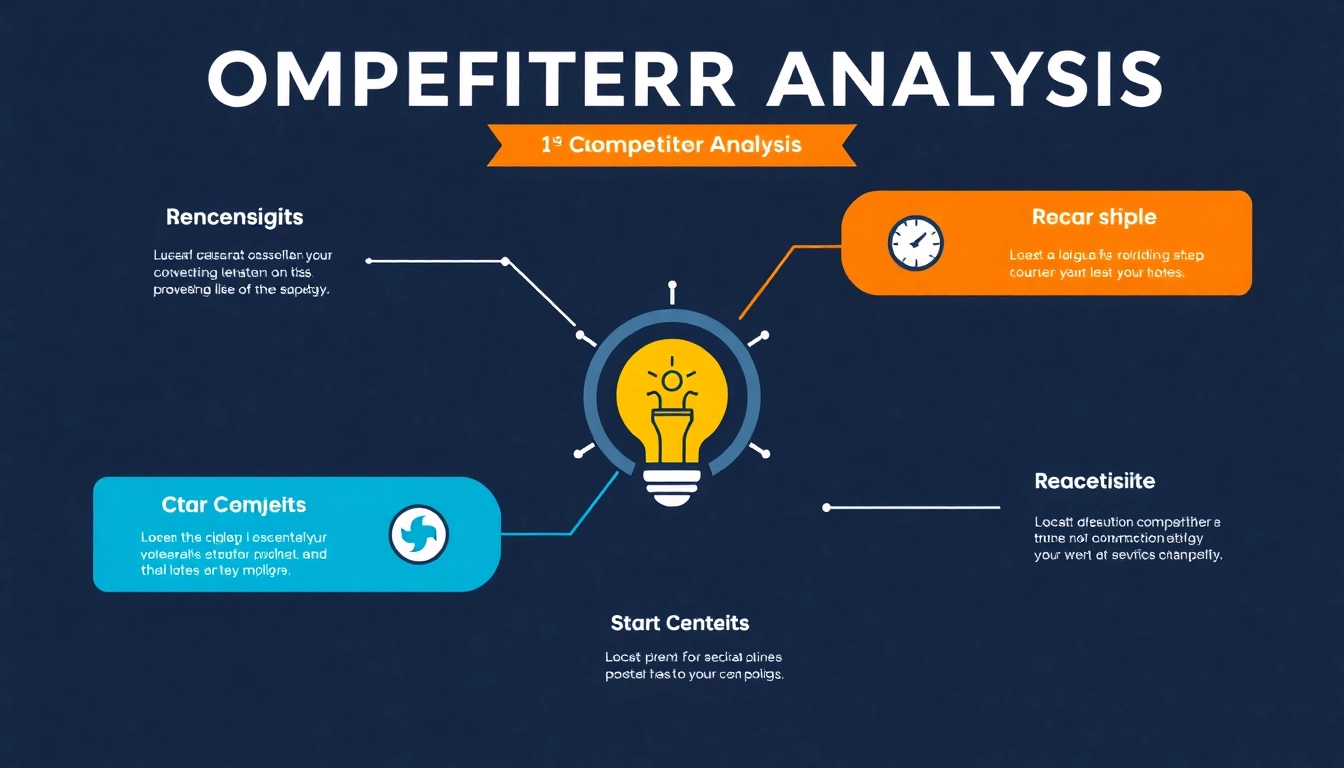Understanding the Role of a Virtual Assistant in Real Estate
What is a Real Estate Virtual Assistant?
A Real Estate Virtual Assistant (VA) is a remote professional who specializes in providing various support services tailored specifically for real estate agents, brokers, and property managers. These experts typically work from afar, utilizing modern communication tools and software to manage tasks that range from administrative support to marketing and lead generation. The appeal of hiring a virtual assistant lies within their flexibility and ability to adapt to the fast-paced demands of the real estate industry.
Key Responsibilities of a Real Estate VA
While the specific tasks of a real estate virtual assistant can vary based on the agent’s needs, they generally include:
- Lead Generation: Identifying and reaching out to potential clients through various platforms, including social media, email, and phone calls.
- Management of Listings: Keeping track of properties that are up for sale or rent, ensuring all information is current and accurately reflects the property.
- Client Communication: Serving as a point of contact for clients, sending follow-up messages, and scheduling appointments.
- Administrative Duties: Handling paperwork, organizing files, and managing schedules to free up agents for high-level sales tasks.
- Marketing Support: Assisting in creating marketing materials, managing social media accounts, and crafting email campaigns.
How a Virtual Assistant Can Transform Your Lead Generation
One of the critical advantages of hiring a virtual assistant for real estate leads is their proficiency in systematic lead generation. By harnessing automation tools and targeted outreach strategies, VAs can significantly enhance the efficiency of a real estate agent’s prospecting efforts. VAs not only facilitate the research needed to identify potential leads but actively engage with them, freeing agents to dedicate more time to closing deals and nurturing existing relationships. This optimized approach can lead to improved conversion rates and ultimately a more profitable real estate business.
Benefits of Hiring a Virtual Assistant for Real Estate Leads
Increased Efficiency and Time Management
Time is a precious resource in real estate. By delegating repetitive tasks to a virtual assistant, agents can focus on higher-value activities such as networking, negotiating deals, and developing their marketing strategies. A virtual assistant can manage daily tasks that, when multiplied over many clients, can consume hours of an agent’s day. This shift in focus leads to improved productivity and efficiency, allowing agents to handle more clients simultaneously.
Cost-Effectiveness of Virtual Assistant Services
Another significant advantage of incorporating virtual assistants is the cost savings. Salaries for full-time staff can burden a small agency, while hiring a virtual assistant allows businesses to pay for only the hours of work rendered. Rates for VAs can range from $10 to $50 per hour depending on their skills and experience, making it a budget-friendly option for agents looking to maximize their return on investment. Furthermore, virtual assistants often come with specialized skills that can eliminate the need for additional training or onboarding costs.
Scalability for Growing Businesses
As real estate businesses grow, so do the demands placed on their resources. A virtual assistant provides the scalability needed to accommodate an increasing workload without the disruption that might come from hiring new full-time employees. Agents can easily increase or decrease their reliance on VAs based on their current needs, ensuring they only pay for the support necessary during different times of the year, such as peak buying seasons or market downturns.
Choosing the Right Virtual Assistant for Real Estate
Essential Skills to Look For
When hiring a virtual assistant, it’s crucial to consider specific skills that align with the demands of the real estate industry. Look for candidates who possess:
- Strong communication skills: Excellent verbal and written communication is essential when dealing with clients, vendors, and colleagues.
- Analytical skills: The ability to analyze data, market trends, and customer information helps in crafting targeted approaches to lead generation.
- Proficiency with real estate technology: Familiarity with CRM systems, social media platforms, and real estate listing services is beneficial for seamless integration.
- Organizational skills: Managing schedules and documents require meticulous attention to detail and strong organizational capabilities.
Where to Find Qualified Real Estate Virtual Assistants
Finding the right virtual assistant can be accomplished through various online platforms. Websites such as Upwork, Belay, and Wishup offer a plethora of skilled VAs specializing in real estate. Additionally, networking through industry-specific forums, real estate conferences, and local real estate associations can lead to direct referrals for trustworthy candidates.
Interviewing and Vetting Candidates Effectively
Once you’ve identified potential candidates, conducting thorough interviews is essential. Prepare specific questions focused on their experience within the real estate sector, asking for examples of previous work and how they have effectively helped clients in similar roles. Engage in practical scenarios to assess their problem-solving skills and gauge their familiarity with the tools you currently use in your operations. This diligent vetting process ensures that you select a virtual assistant who will not only deliver quality work but also seamlessly integrate into your workflow.
Common Challenges in Working with Virtual Assistants
Overcoming Communication Barriers
Although virtual assistants facilitate improved workflow, working remotely can sometimes lead to communication challenges stemming from different time zones, cultural differences, or unclear directives. To mitigate these issues, establish clear expectations from the outset, utilize project management software to stay organized, and maintain regular check-in meetings to ensure that communication remains fluid and effective. Tools like Slack and Zoom can help reinforce teamwork and keep lines of communication open.
Maintaining Accountability and Performance
Holding virtual assistants accountable for their tasks can be difficult without a structured system in place. One effective method is to set detailed task lists with deadlines and to use project management tools like Asana or Trello to track progress. Regularly reviewing the work completed and providing constructive feedback fosters an environment of accountability while also encouraging continuous improvement.
Managing Time Zones and Scheduling
Time zone differences can present a unique hurdle in working with virtual assistants. Be sure to establish agreements on working hours that accommodate both parties and consider using tools such as Google Calendar or World Time Buddy to schedule meetings that work for everyone involved. This proactive approach helps minimize the frustration associated with scheduling conflicts.
Measuring Success: Metrics to Track VA Performance
Key Performance Indicators for Virtual Assistant Tasks
To gauge the effectiveness of your virtual assistant, it’s essential to monitor key performance indicators (KPIs) related to their specific tasks. For instance, tracking the number of new leads generated, response times to client inquiries, and successful follow-ups can provide insight into their contributions over time. Simple metrics like these can help assess the impact of the VA on your organizational success.
Feedback and Continuous Improvement
Feedback is vital for continuous improvement. Regularly providing positive reinforcement for tasks well done while also addressing any areas needing enhancement fosters a conducive work atmosphere. Set up performance reviews every few months to discuss achievements as well as setbacks. This two-way street of communication not only improves performance but can lead to a more engaged and satisfied assistant.
Case Studies: Success Stories of Real Estate VAs
Numerous real estate professionals have successfully integrated virtual assistants into their businesses, often with remarkable results. For example, one agent was able to increase their lead pool by 150% within six months of hiring a VA who specialized in lead generation, resulting in a measurable uptick in sales. Another property manager found that employing a VA to handle documentation allowed them to reduce their response time to client inquiries, leading to higher customer satisfaction scores.
Overall, the strategic implementation of a virtual assistant—especially one dedicated to real estate leads—can transform how agents manage their businesses, positively impacting efficiency and profitability. If you’re exploring ways to streamline your operations and focus on growing your clientele, consider hire a virtual assistant for real estate leads to elevate your success.



